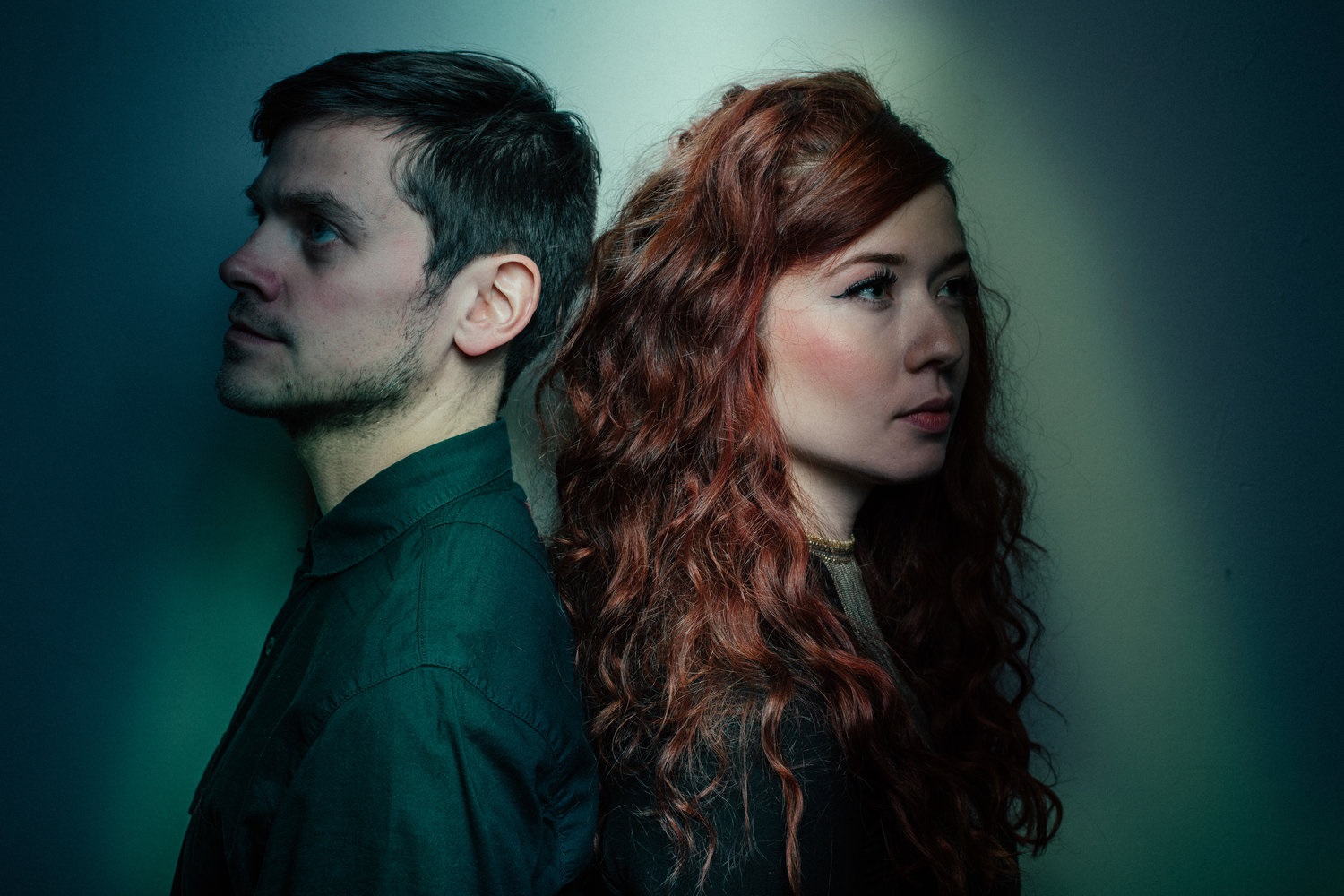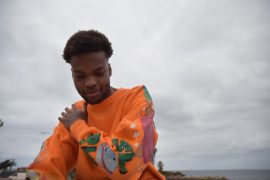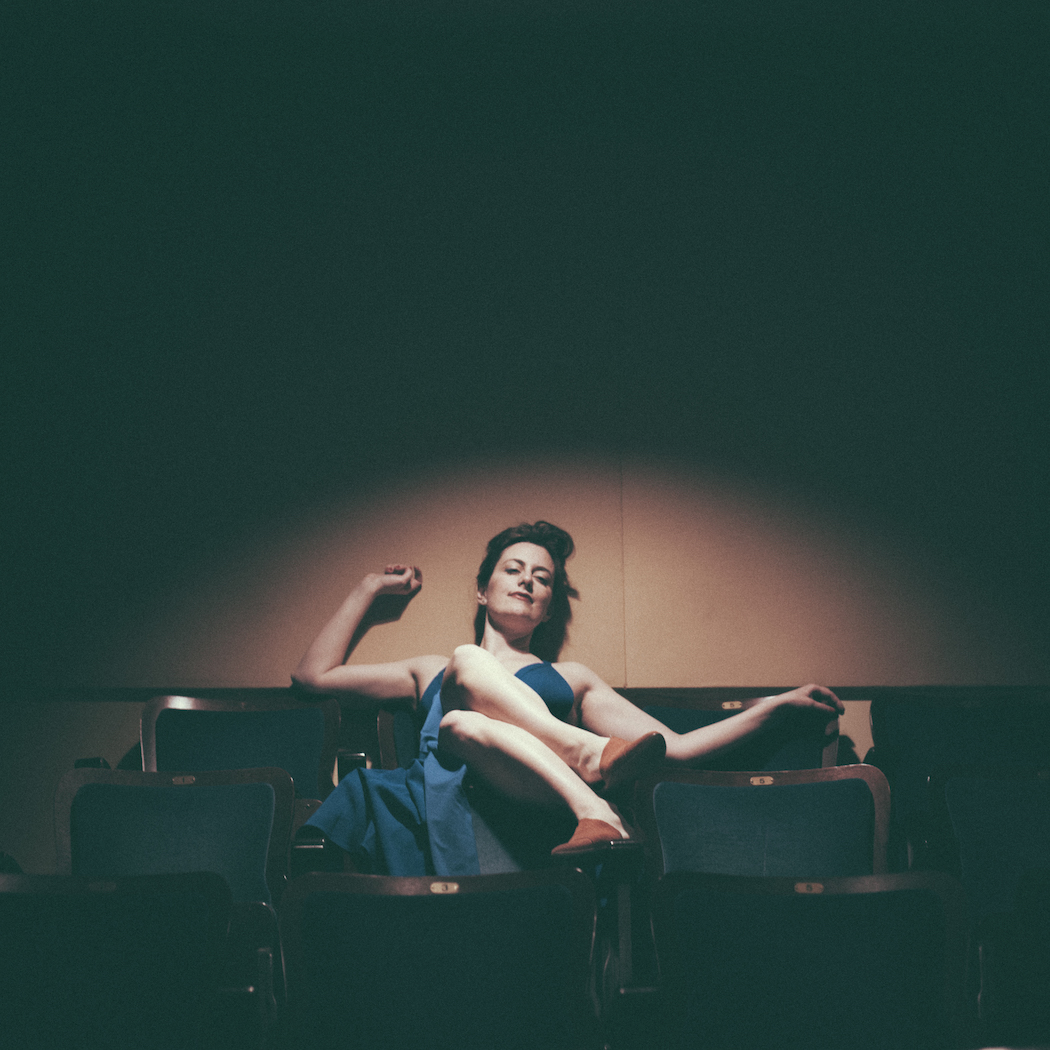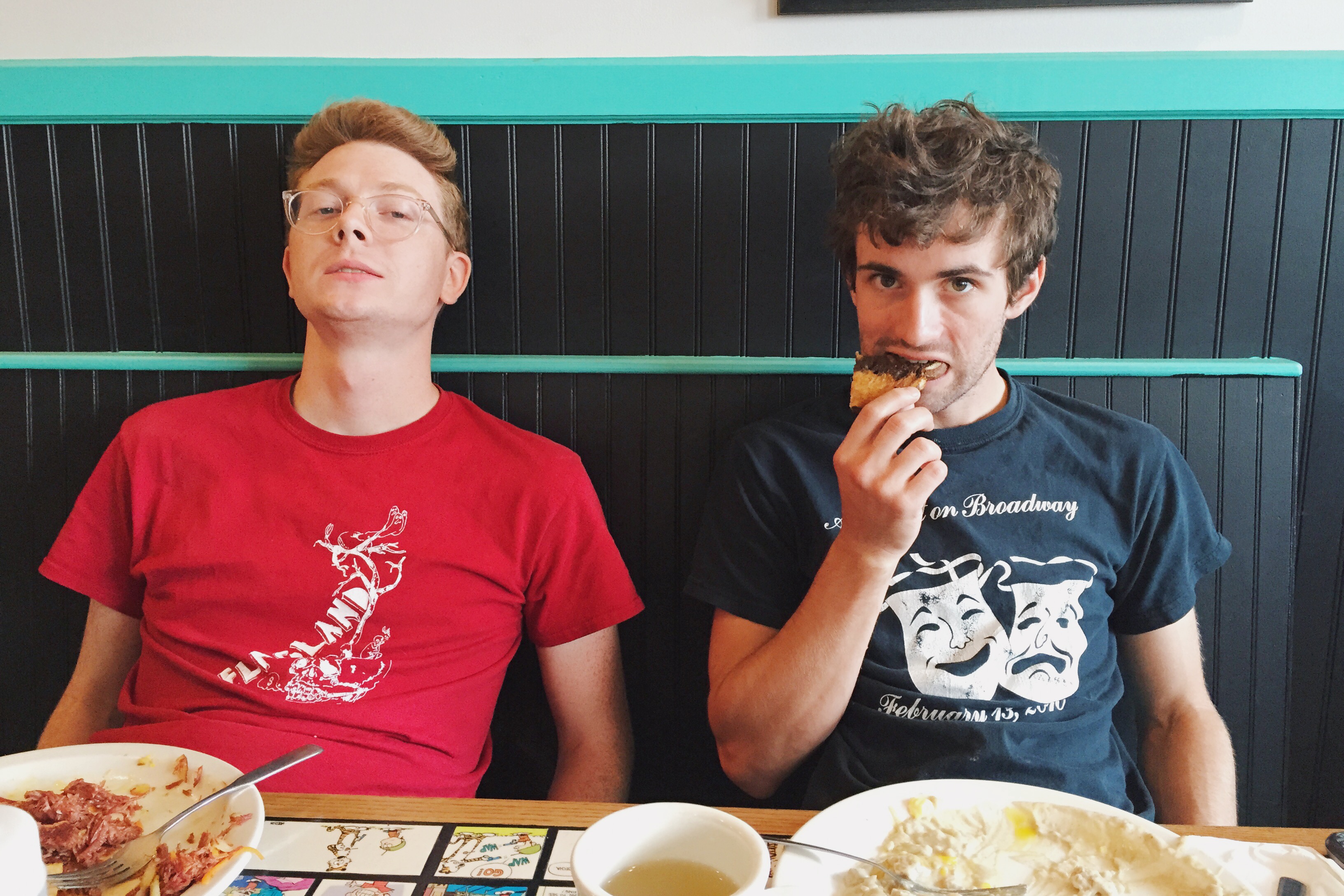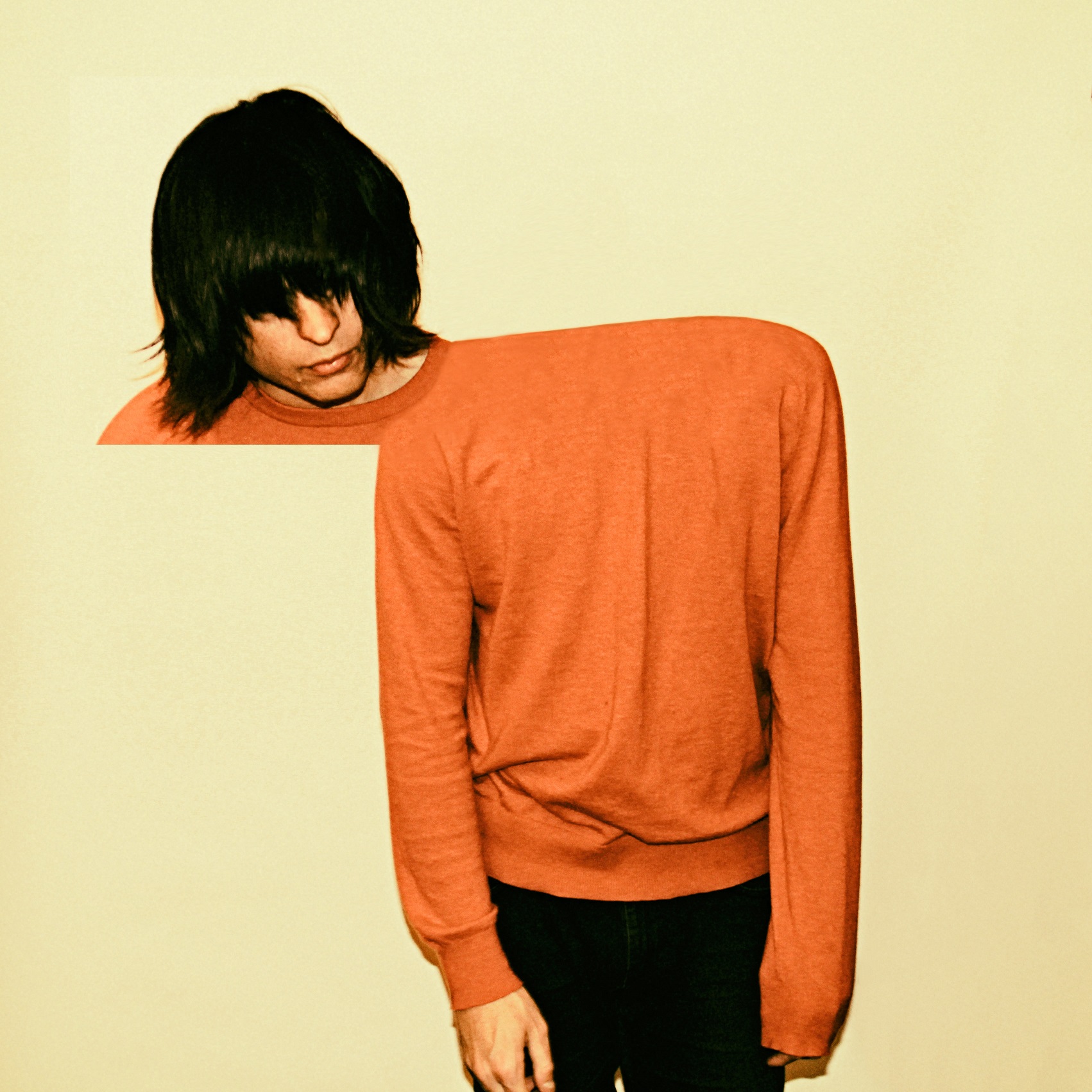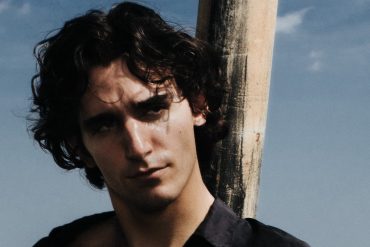In honor of Pride Month, Atwood Magazine has invited artists to participate in a series of essays reflecting on identity, music, culture, inclusion, and more.
•• •• •• ••
Today, author and musician Scott Guild shares his essay, “Queering the Genres,” about how he fell in love with a handsome bully, then found a home for himself in art, as a part of Atwood Magazine’s Pride Month series!
Scott Guild is the creator of Plastic, an innovative book-and-album project out now from Penguin Random House and North Street Records. “[Plastic] deserves applause,” writes The New York Times, “we end in wondrous disbelief.” Scott is currently on a 35-city tour for the project, including appearances at Comic-Con San Diego. Learn more at scottguild.com
•• ••
“QUEERING THE GENRES”
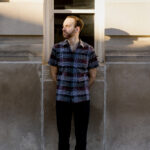
by Scott Guild
“Let’s call him Derek, the boy who stole my heart in sixth grade, the last year of my childhood.
(I had no friends named Derek growing up, so that pseudonym seems safe.) I thought at first of calling him Tyler or Aidan — those capture aspects of him — but Derek, with the hard k, seems more correct: The calm confidence of that boy, the speed and nonchalance with which he loped across the basketball court at recess, slipping around the other boys while I watched with hidden ardor from the sidelines. He was twelve when he befriended me, his arms slim but taut with muscle, his hair gelled and slightly spiky, his mouth gleaming with braces and multi-colored rubber bands, one more kid dribbling a basketball in a bland Connecticut suburb, no different than the other boys to anyone not in our school, to anyone not in love with him.
Even now, I remember him in movie poster terms: center frame, with the sun behind him, striking a power pose in his Offspring T-shirt and cargo shorts (this was the mid-1990s), while I, with my pudge and center part, with the sweatpants I wore well into summer—showing leg made me nervous—gaze at Derek fawningly from the far edge of the poster, my shoulders stooped like a vampire’s familiar.
Why would such a boy befriend me, a lonely, unathletic kid who’d entered the school a few years before, when my mother finally fled New York, the scene of her divorce? Back then, in sixth grade, I’d never have had the courage to approach him myself, to cross those unspoken lines in the social contract of our school, which said that kids like me must stay unpopular until high school, when some mysterious combination of puberty and luck might lift us out of that purgatory. No, Derek approached me, waved me over to his lunch table, partnered with me on science projects, invited me for sleepovers, told me with smirks and glances that I must ditch Ed Tomecci—my only other friend in the grade—if I were to remain in the heaven of Derek’s presence.
Did I ditch Ed, ignore his calls, walk home a different way from school?
I didn’t even hesitate.
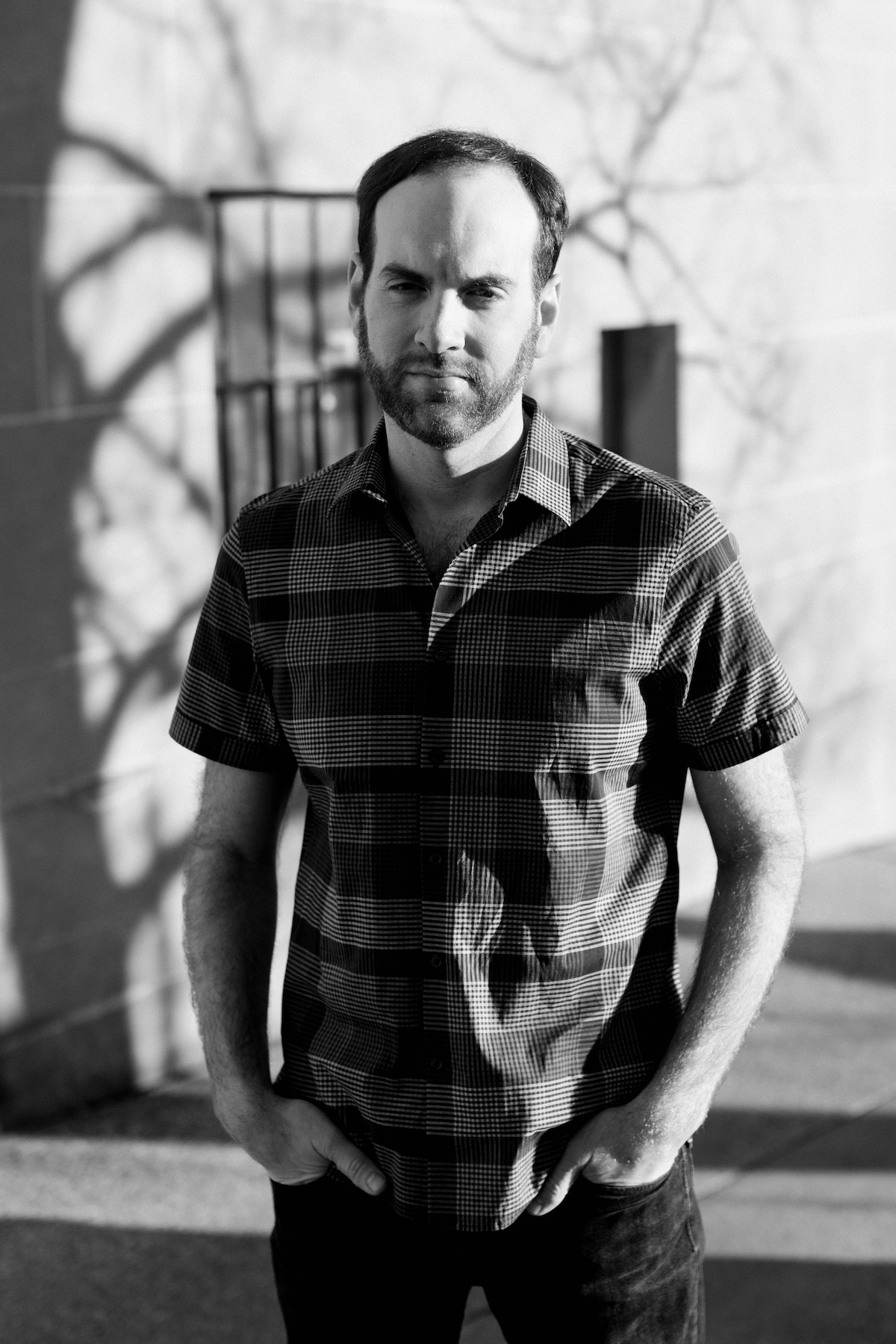
Of course, what Derek really wanted was a lackey, someone to tag along behind him, to laugh at his every joke, to enhance his social status with my worshipful presence.
(I’ll never forget the copy of Dale Carnegie’s How to Win Friends and Influence People on his bedside table, gifted to him by his father.) Though I hung out with Derek every day, there was no confusion between me and his real, popular friends, the boys beside him on the basketball court, who formed the core of male power in our grade. To them I was “SeaMoo”—a nickname Derek gave me—derived from the way I’d heave my bulk at him when we all wrestled on his backyard trampoline. It wasn’t enough, he said, to call me a whale or a cow: “SeaMoo” covered both, a bovine of the waves. The nickname never bothered me much (“Greedy Jew” cut a bit deeper, since I was one of the few Jewish kids at school), perhaps because of my love for the wrestling itself, that close, sweaty grappling with the boy I adored, whom I let pin me to the nylon every time.
I was willfully blind in those days, pretending I was a popular kid and not their comic relief (Ed Tomecci saw the truth and told me once; I just thought he was jealous), ignoring the clear fact of my crush on Derek: the way my chest swelled when he answered the phone, my breathless excitement for sleepovers, the Playstation games I bought to impress him, and, more and more, the fantasies of him that plagued my nights, growing more vivid as sixth grade ended and puberty seeped into my skin. Clutching Derek in the dark, dipping a hand into his shorts, nuzzling against his chest for a clumsy, cathartic kiss—these images rose in my mind unbidden, made me want to touch myself, and I lay in bed with my arms at my sides, my hands tucked firmly under my legs, until they finally passed.
In the mid-1990s, in uncultured Central Connecticut, among boys (myself included) who used “gay” as a crueler form of “bad” or “dumb,” these fantasies had an unreality to them: they didn’t feel shameful to me because they didn’t feel like they were mine—they had nothing to do with my identity, with the ways I knew how to define myself as a person. At most they felt like odd stirrings of my new, baffling libido, stirrings I’d best ignore for my own survival. There was no story about myself where they made sense, so I fixed my attention on my equal lust for girls.
Looking back, my only image of queer identity came from The Simpsons, the craven but conscientious Waylon Smithers. Repressed pre-teen that I was, I failed to grasp that Smithers was gay, even with his constant ideations of a naked Mr. Burns. I thought he just really liked Mr. Burns, that his fantasies were a kind of joke the show was making (“Look at this guy, it’s gay how much he likes his boss”). I was like Waylon Smithers in more ways than one.
* * *
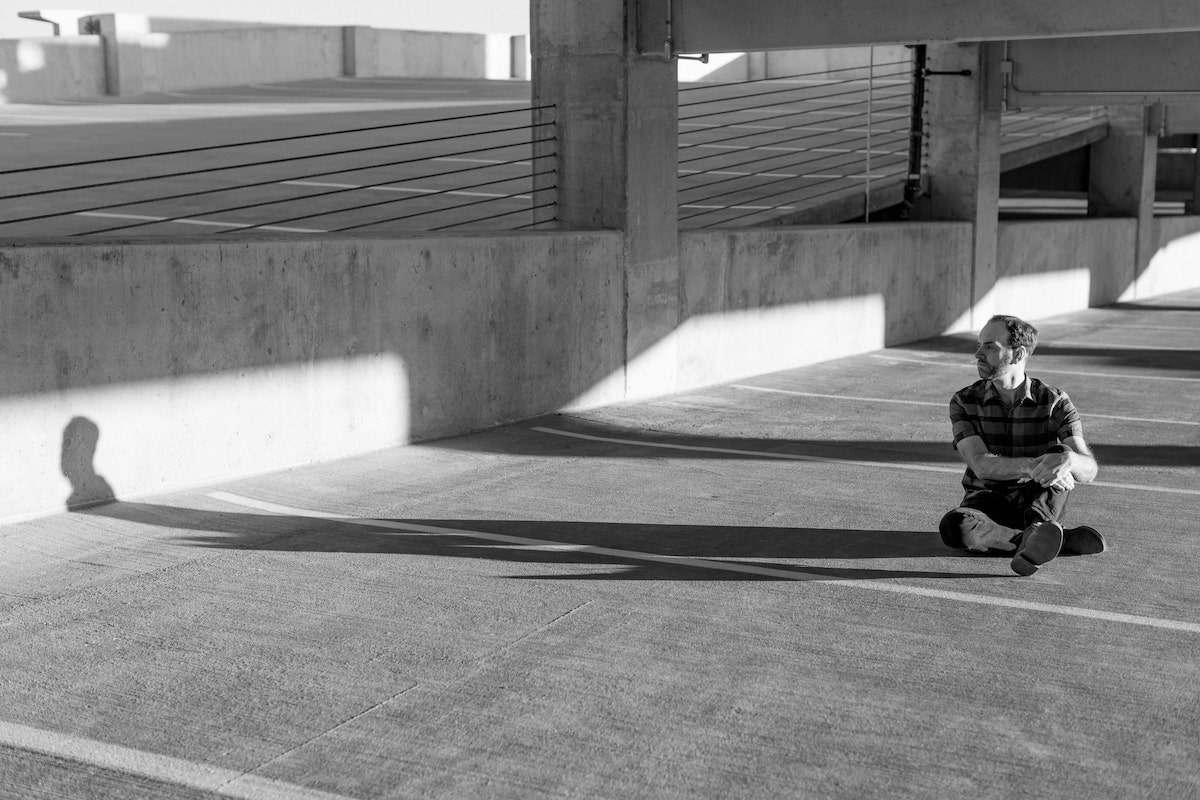
* * *
By the start of high school, I had distanced myself from Derek and moved in different social circles.
I’d had no big realization about him — not even that he was a bully — but I’d made some new friends in middle school, weirdos more like me, friends who didn’t call me “Greedy Jew” or “SeaMoo,” who didn’t join in when Derek and the others mocked me. I had suppressed much of my sexuality by then: I didn’t like to see naked bodies, didn’t masturbate at all, wore long T-shirts on the dreaded days when I had to change in the locker room for gym class. (In time, I’d baffle several high school girlfriends by never wanting more than hugs and kisses, though I found them very attractive.) My new friends at school didn’t give me the heady thrill of Derek, but I was free of the cruel comments, the self-loathing of that love.
And I’d discovered a new passion: I had started to write and make music, to think of myself as an artist, to shape my loneliness into stories, poems, songs. I was reading subversive fiction and poetry, immersing myself in music and movies, in James Baldwin and Gertrude Stein and Alice Walker and David Bowie (artists I’d later understand were “queering” their genres), in Sylvia Plath and David Lynch and Tori Amos. With these artists, people I’d never met—some no longer alive—I began to find a space that felt like a home. Here difference was celebrated; here no one expected the norm; here, if I’d had the courage, the strength to see myself in full, I could have embraced my queerness without judgment.
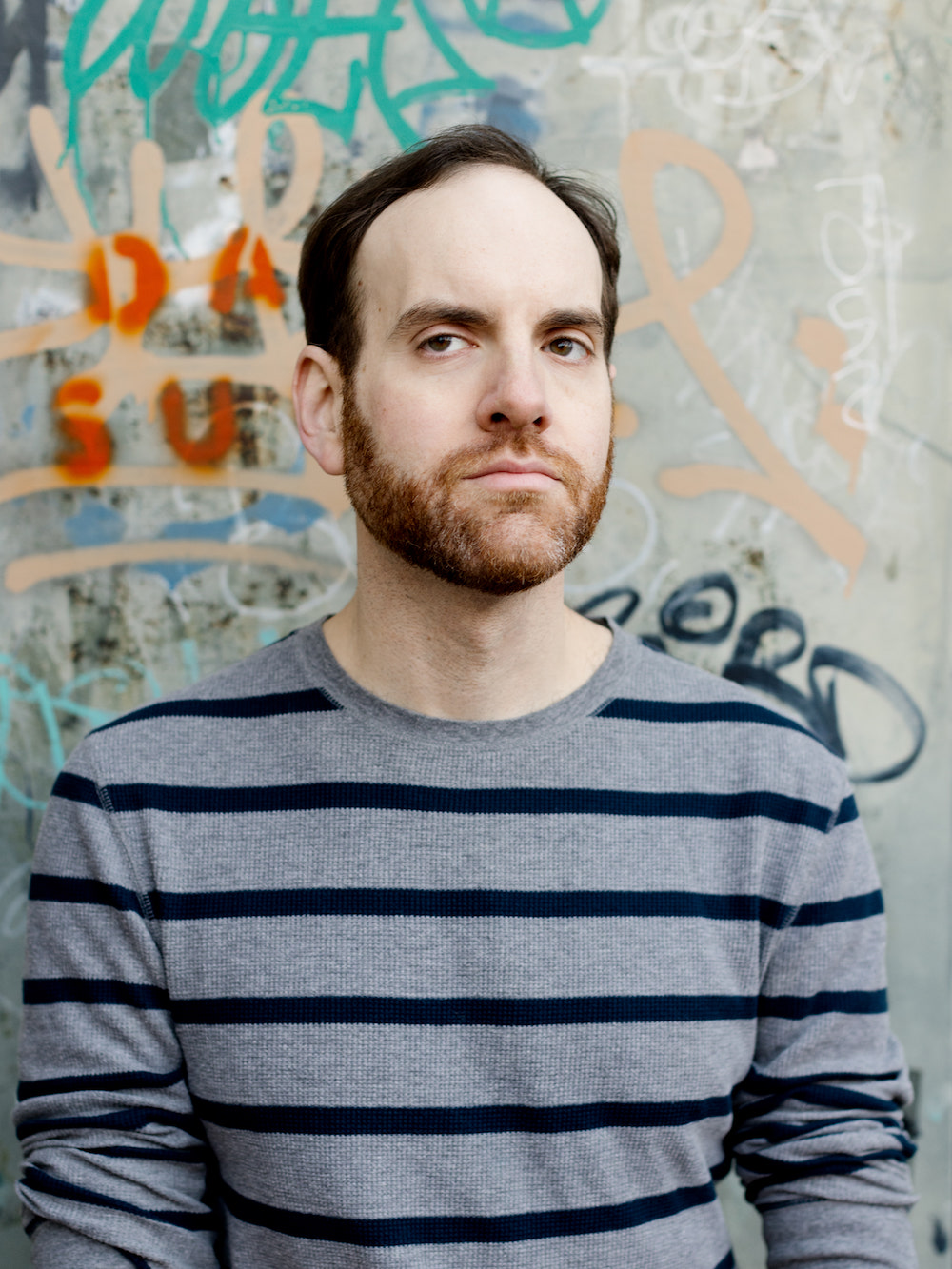
It took me decades, along with some therapy, to get back in touch with my queerness, to slowly come out to people in my life.
There was a moment of plunge and terror, of stepping into the unknown, but I wasn’t an isolated queer kid in the ’90s anymore. I had a strong community of queer friends and artists, a publisher that championed diversity, a wife who was a queer artist herself, who supported me at every step. During this time I released Plastic, my debut novel and album, an experimental project that queered the genre of speculative fiction, telling a surreal story in a world of plastic figurines. The response has been wonderful, and it’s connected me to readers and listeners who look for difference in art, for out-of-the-ordinary experiences, far from the Dereks and conservative cultures of the world.
If I’ve learned one thing, it’s this: Bullies will always exist, the bullies online and in our social circles, the bullies in our heads, the bully of society itself. They will always try to destroy what’s special about you, to make you feel small and worthless. And you can’t change them. Perhaps they’ll grow and reflect on their actions (Derek, in time, became a pot-smoking hippie lawyer), perhaps they won’t — it’s not your problem.
If you’re an artist, especially a queer artist, your work is not just worthy in itself, but important to the world: you are creating a space, a story, a representation, so that queer kids don’t need to hide from themselves well into their thirties, so that difference can flourish in all its forms, so that someone like me, at twelve or thirteen, won’t fall in love with a spiky-haired bully, but have a different story to give him worth. – Scott Guild
— —
:: stream/purchase Plastic: The Album here ::
:: connect with Scott Guild here ::
— — — —
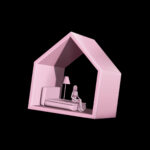
Connect to Scott Guild on
Facebook, Twitter, Instagram
Discover new music on Atwood Magazine
© courtesy of the artist
Plastic: The Album
by Scott Guild

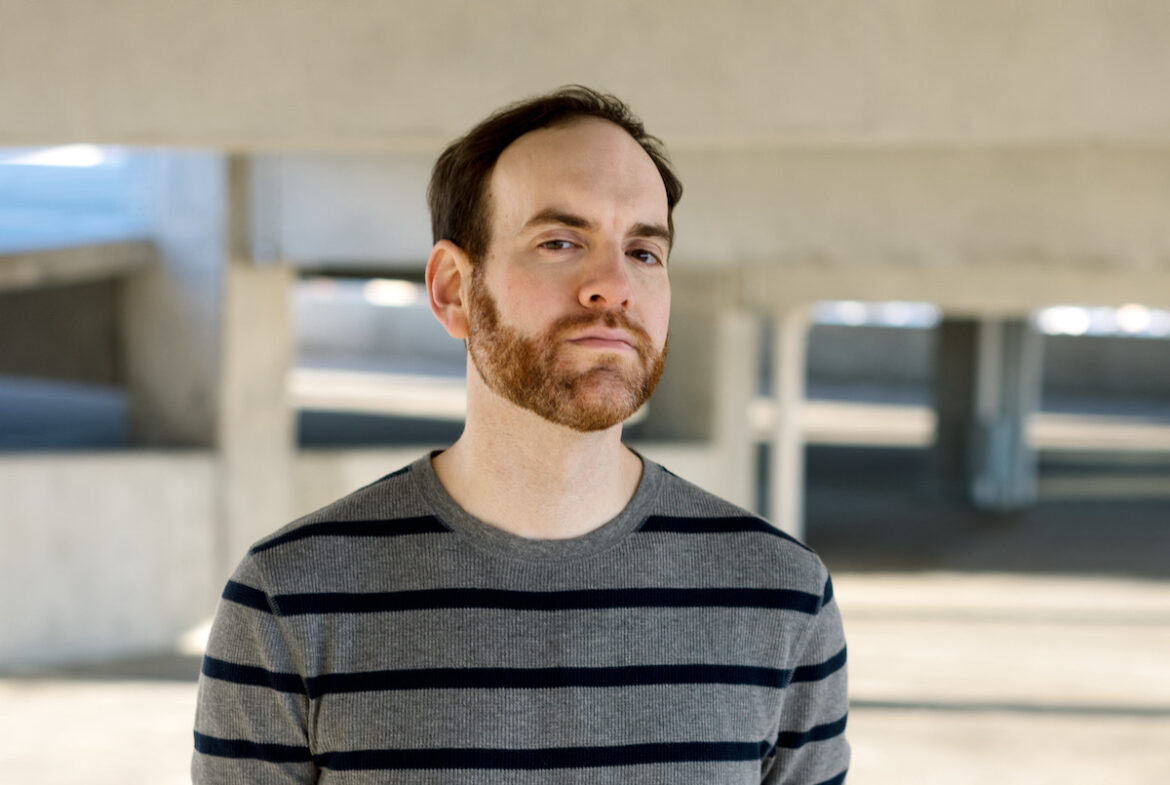
 © courtesy of the artist
© courtesy of the artist
